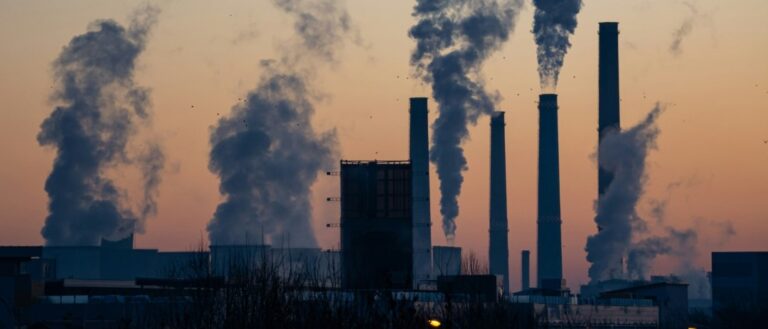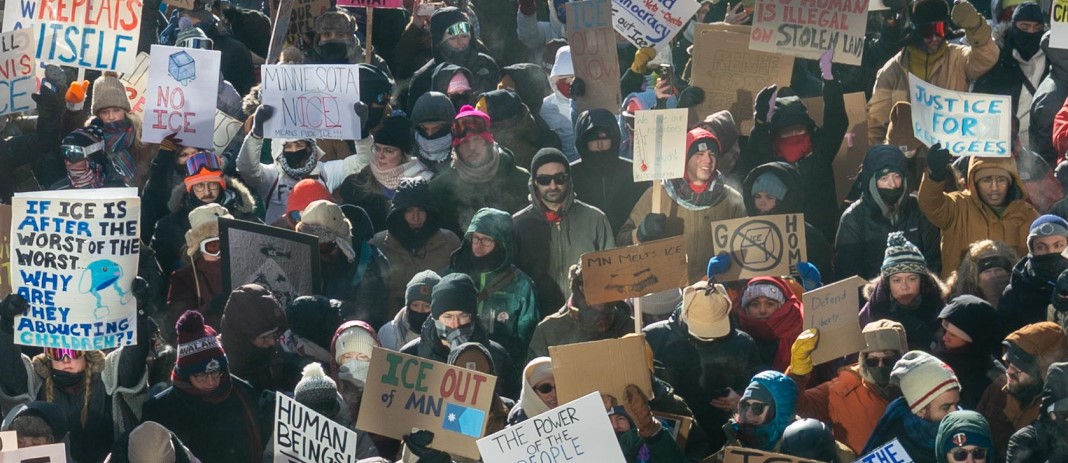Showing 938 results

Federico Holm | February 19, 2026
How has the local renewable energy ordinance landscape changed since mid-2023, the last time we took stock of this fast-moving policy issue? It turns out a lot has happened since then. In our latest analysis, we address this question by summarizing the major trends across the Lower 48, including a comprehensive update of our local ordinance database. This update provides advocates, journalists, researchers, and county board officials with valuable information, in an open and accessible way. With it, we seek to empower stakeholders with critical data in our efforts to ensure that the clean energy transition not only happens, but that it does so consistent with just transition and energy democracy principles.

Daniel Farber | February 18, 2026
Last week, the U.S. Environmental Protection Agency (EPA) overturned its 2009 finding that greenhouse gas emissions from vehicles endanger human health and welfare. EPA argued that it lacked the legal power to regulate these greenhouse gas emissions. As I have written elsewhere, EPA’s arguments are difficult to square with a landmark decision by the U.S. Supreme Court, Massachusetts v. EPA.

Daniel Farber | February 13, 2026
The other shoe has dropped with the announcement of the final rule repealing the U.S. Environmental Protection Agency’s (EPA) 2009 finding that greenhouse gases endanger human health and welfare. The Trump administration has the nasty habit of announcing new regulations before posting them. That means that for the moment, we are limited to the EPA press release.

James Goodwin | February 12, 2026
Over the course of more than a century, serious statespeople came together to build the modern administrative state out of a shared commitment to redeeming their constitutional duty to form a more perfect union. The February 12 action to rescind the 2009 EPA endangerment finding represents the single greatest defiance of that project yet by the Trump administration.

James Goodwin | February 2, 2026
To the extent that people think about the U.S. Environmental Protection Agency (EPA) at all, they likely think of an institution that works to safeguard our health and well-being, and that of our environment. So, The New York Times made quite a splash recently when it reported that the agency had adopted a new policy under which it would stop considering the health benefits of two of the most harmful and pervasive air pollutants: fine particulate matter and ozone.

Brian Gumm, Bryan Dunning, Catalina Gonzalez, Federico Holm, James Goodwin, Sophie Loeb, Spencer Green | January 29, 2026
One of the core beliefs of the Center for Progressive Reform is that our collective problems require collective solutions. One of the reasons we embrace the administrative state is that it provides a uniquely powerful institutional forum within our constitutional system of government in which to put that belief into practice — and was indeed created for doing so. That vision has not always lived up to its full potential, of course, and building a government that lives up to that vision is a focal point of the Center’s work. What is currently happening with the violent occupation of Minneapolis and other cities across the United States by U.S. Immigration and Customs Enforcement (ICE), Customs and Border Protection (CBP), and other militarized civilian administrative agencies represents a categorically different problem, however.

Daniel Farber | January 26, 2026
At its core, the unitary executive theory (UET) says that the president can fire anyone in the executive branch for any reason or no reason. Although the UET purports to be based on originalism, it has become clear that the U.S. Supreme Court has no interest at all in examining the history. Supreme Court conservatives think complete presidential control is simply the ideal way to run the government. The deep flaws in that theory are now becoming apparent.

Daniel Farber | January 9, 2026
In 2025, President Donald Trump rolled out new initiatives at a dizzying rate. That story, in one form or another, dominated the news. This year, much of the news will again be about Trump, but he will have less control of the narrative. Legal and political responses to Trump will play a greater role, as will economic developments. Trump’s anti-environmental crusade may run into strong headwinds.

Daniel Farber | December 11, 2025
A recent U.S. Office of Management and Budget (OMB) memo proclaimed the Trump administration’s commitment to “deregulating at an unprecedented scale.” To advance that agenda, the memo tells agencies to put a thumb on the scale in favor of rollbacks. In contrast, most lawyers and economists would say that regulation and deregulation are subject to the same rules. Sometimes, the conventional wisdom is right.